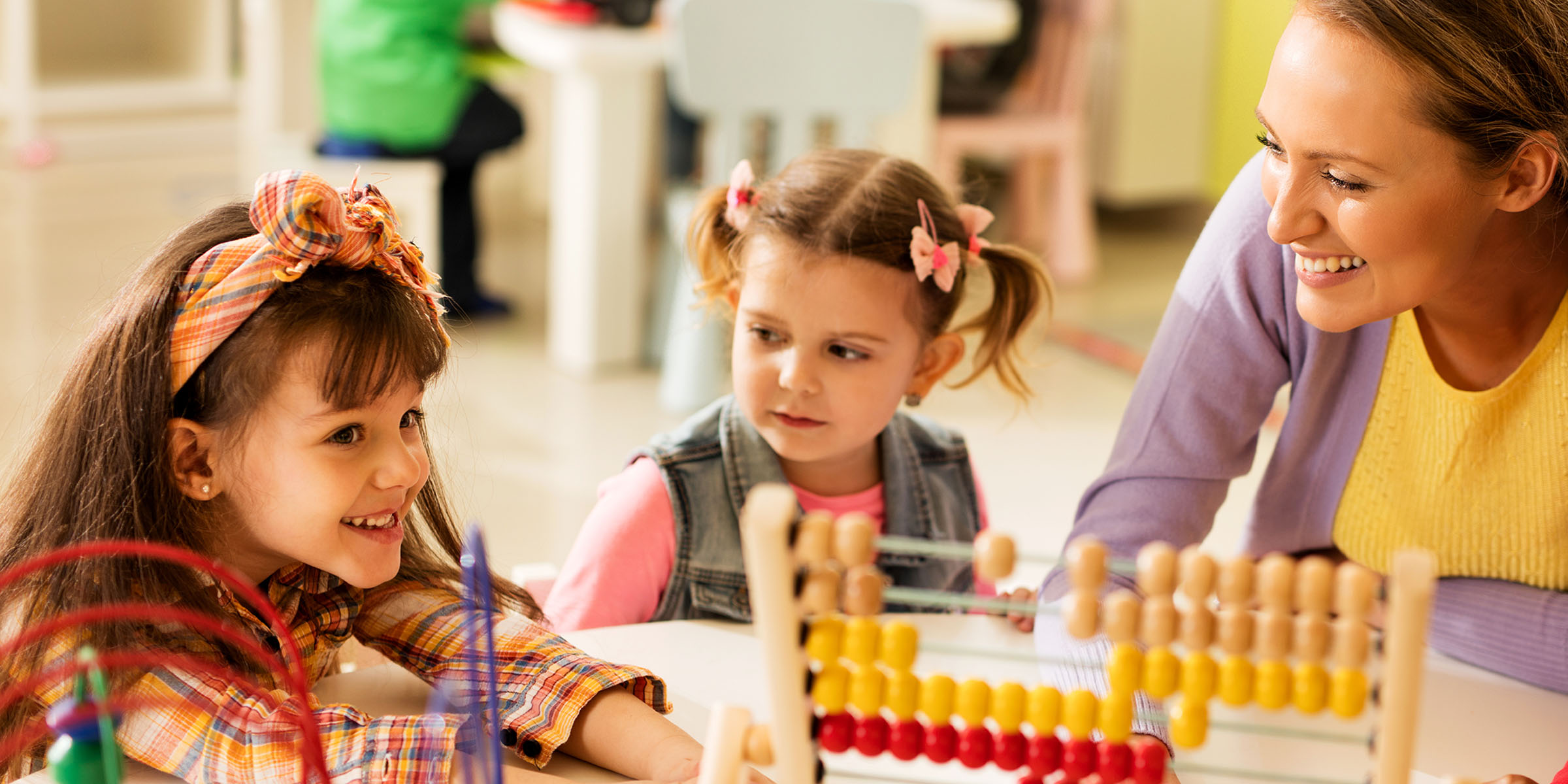
Even as tiny newborns, children begin creating a sense of self and bonding with their caregivers. If they develop a strong bond with their parents in these early days, they’re more likely to be emotionally stable later on in life. Parents’ influence on their children’s emotional well-being can’t be emphasized enough since they’re their primary role models. This is why it’s very important to continue applying positive practices throughout their childhood.
There are many strategies you can use to promote your child’s emotional and social maturation. Here’s how to give them a great start in life and a proper foundation for their future relationships.
-
Show affection
Letting them know how much you love them means a lot to a child since it helps develop their self-esteem. Don’t be afraid that you’ll spoil them because children thrive on affection. Give them plenty of kisses, cuddles, and reassuring words without worrying that this will somehow make them too weak. Actually, it’s quite the opposite: getting lots of love gives rise to strength and confidence.
Knowing that their parents are always there for them makes kids feel safe and comfortable in their own skin. If they acquire the ability to trust others and form strong connections early on, this is likely to translate into fulfilling relationships during their adulthood. It also provides a healthy model for them to follow when expressing their affection.
-
Organize playdates
Babies mostly just interact with their families, but as soon as they start walking and talking, they become curious about the world and eager to explore it. This means that they start becoming socially active and building a budding social life of their own. Children need the company of other children to be happy. To meet this important need, you should make it possible for them to meet others their age. There are many options, from arranging playdates with your friends’ kids or taking them to a fun indoor playground where they can socialize.
Keep an eye on them as they play to see if they’re doing well. Address issues you notice, like having trouble sharing toys, reacting angrily and impulsive;y, or not fitting into a friend group. Encourage friendly, generous, and non-violent behavior.
-
Be open about your feelings
Many adults have the unhealthy habit of bottling up negative feelings. This is a poor coping strategy because it’s ineffective in the long run and can lead to a huge outburst when the pressure gets too much. A much healthier way to deal with negativity is to openly express your emotions.
Don’t think that you can protect your children by keeping your feelings hidden. They’re much too perceptive and will figure out there’s something wrong. Instead, acknowledge how you feel when you feel it and explain it to your children in simple terms. For example, you can tell them that you’re down because you’re worried about a sick loved one or upset because you’ve had a bad day at work.
This is an opportunity for them to adopt a healthy model of dealing with negative emotions, which they’ll inevitably experience some time in the future. It also helps them develop empathy and put themselves in another person’s shoes.
-
Ask them how they feel
The best way to promote your children’s social-emotional development is to encourage them to talk about their feelings and become aware of them. If they learn how to correctly identify emotions and their triggers, they’ll be on the path of greater emotional stability.
For example, toddlers often misbehave because they’re overstimulated, hungry, or sleepy. You can help them recognize how they feel and prevent a full-blown meltdown by asking them simple questions, like:”Would you like to go home now and have something to eat?”
When they get a bit older, make sure you regularly ask them about their friends at school and help them solve problems they may be experiencing, like teasing or excluding.
Map Link : https://g.page/uptownjunglechandler?share

